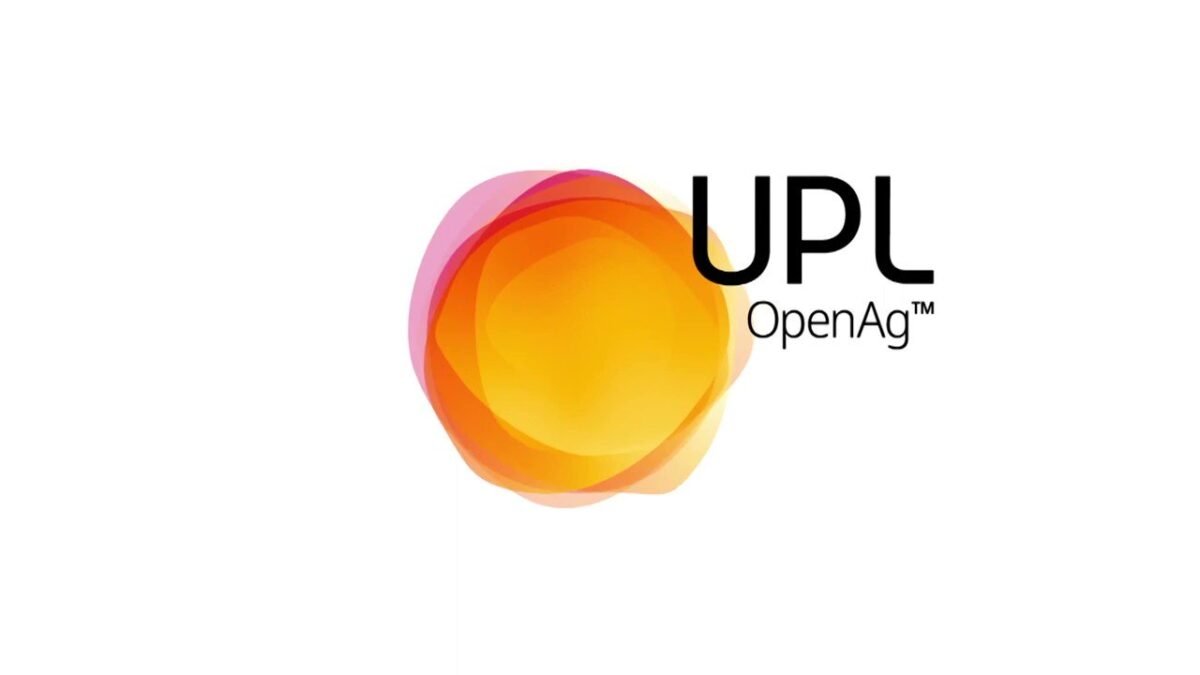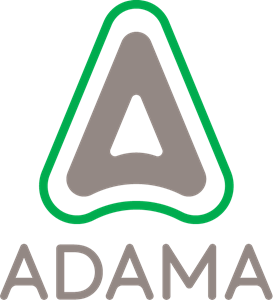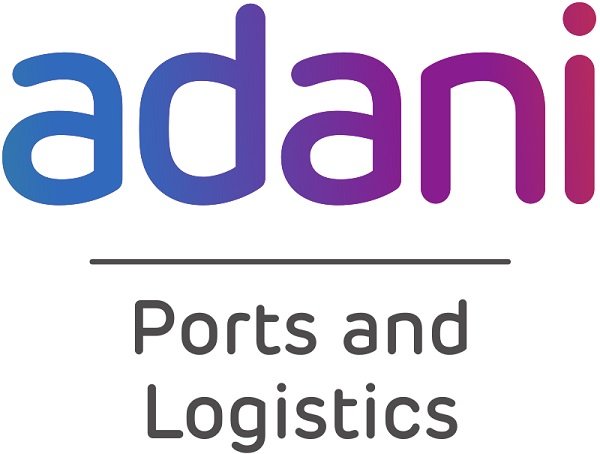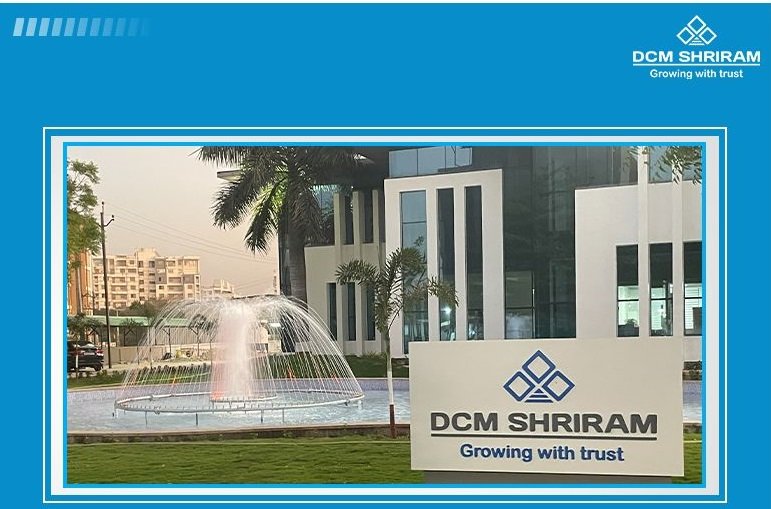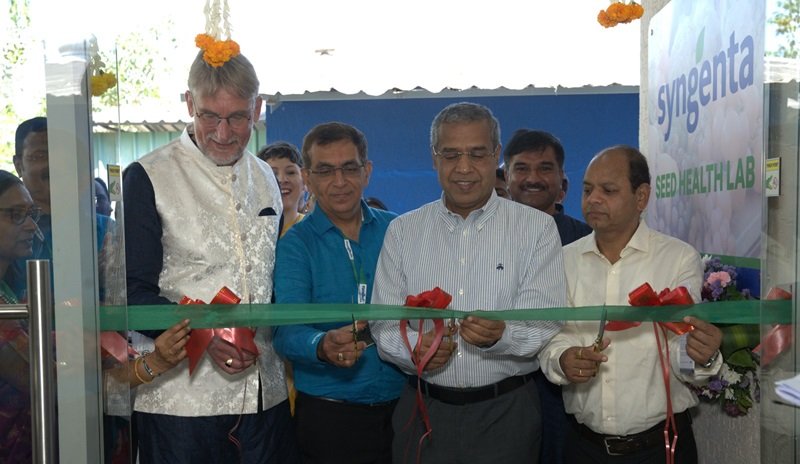UPL Corp leads US$1.75 Mn investment in biological ag-tech innovators
SOLASTA Bio and Impetus Ag announced as winners of the Radicle Natural Plant Protection (NPP) Challenge by UPL.
UPL Corporation Ltd. (UPL Corp), a global provider of holistic and sustainable agricultural solutions, and Radicle Growth, a company-building platform investing in early-stage agriculture and food technologies, announced SOLASTA Bio as the winner of ‘the Radicle Natural Plant Protection (NPP) Challenge by UPL’, securing a $1M investment, with the runner-up Impetus Ag, receiving a $750,000 investment. The Challenge sought to identify entrepreneurs advancing natural and biological solutions and saw applications from 237 start-ups.
In addition to the funding, SOLASTA Bio and Impetus Ag will gain access to UPL Corp and Radicle Growth’s expertise and networks to help accelerate their development and growth.
SOLASTA Bio, an ag-biotech company specializing in the next-generation of green insecticides, was selected as the winner for developing nature-inspired, selectively targeted and sustainable peptide insect control products. Shireen Davies, CEO of SOLASTA Bio, said: “We are delighted to have won The Radicle NPP Challenge by UPL. We look forward to accelerating our sustainable insect control solutions towards the global market in a new phase for the company and enhancing this with industry support and global networks provided by UPL Corp and Radicle Growth”.
Impetus Ag, an ag-tech company developing biological insect control solutions with the effectiveness of legacy chemical methods, was selected as the runner-up for creating novel proteins that bind naturally occurring toxins to targeted pests. Dr. Martha Schlicher, CEO of Impetus Ag said: “Being a winner of The Radicle NPP Challenge by UPL is a game changer for Impetus Ag. Investment in parallel with product development resources, expertise, and access to global networks will ensure our products meet industry gold standards and will go a long way in authenticating our pest solutions with grower supply chains critical for product adoption.”
Mike Frank, CEO of UPL Corp., said: “We’re committed to expanding access to sustainable solutions as a route to shaping healthy, productive, and climate-positive food systems. Through this investment and our ongoing support, we’re excited to work with SOLASTA Bio and Impetus Ag to develop their biological innovations and deliver real-world impacts for farmers, food chains, and the planet. Thank you to our winners, finalists, and all of the incredible start-ups that entered this Radicle Challenge.”
Kirk Haney, Managing Partner of Radicle Growth, said: “Congratulations to our winners. We have been so inspired by the biological solutions on display at the Pitch Day Event, and we are deeply proud that the Radicle Challenge continues to serve as a leading platform for driving global deal flow and funding the most impressive technologies across the food value chain.
SOLASTA Bio and Impetus Ag announced as

